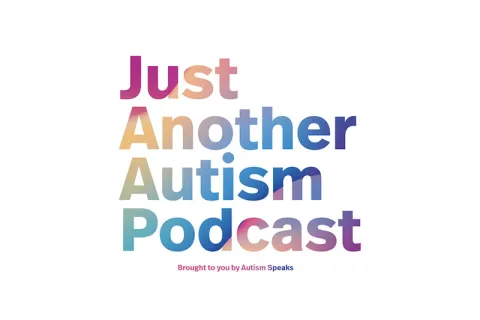Remember these 3 words if someone stares at you during a meltdown
By Kerry MagroThis guest post is by Kerry Magro, a professional speaker, best-selling author and autism entertainment consultant who is on the autism spectrum.
Have you ever been on the receiving end of a rude stare or comment? I can’t tell you how many families I speak to who deal with this issue.
It usually starts like this: You and your child are hanging out in a public place like a grocery store or at the line of a bank when your child suddenly has a meltdown. A stranger then instantly thinks to themselves that your child is having a “tantrum” or they’re a “bad” child who needs to behave themselves.
Then those same strangers may make a comment towards the parent on how they could let their child act the way they do. How they’re a “bad” parent for raising a “bad” child.
Even if there’s no comment, there may people staring either directly or doing double takes at the family and expressing those same feelings with their body language. Others may be whispering to their friends and family about what’s happening.
If you were ever on the receiving end of any of those above scenarios, I want you to remember one thing today…
It’s not you.
Whether it’s ignorance or just people being rude, there’s no way of knowing when a situation like this may occur, especially in a public place. My parents had to deal with this when I was growing up with autism. I liked to scream, cry, punch, kick and wail whenever a situation brought me to a place of overload. When those situations occurred, I could remember the eyes pointing in my direction. So many people who don’t have a child with special needs think that other parents should “control” their child when this happens. Sometimes when a meltdown happens, though, the best thing you can do is just be there for your child and wait it out.
Those days hurt but with each one of those stares and comments came moments of pure joy that my family and I have never taken for granted. Today I’ve overcome many of my obstacles and am a full-time professional speaker. I learned to roll with the punches like my parents had to during my adolescence.
So, for those reading this, take it from someone who has been on the receiving end of those stares and comments. Don’t judge what you don’t understand.









